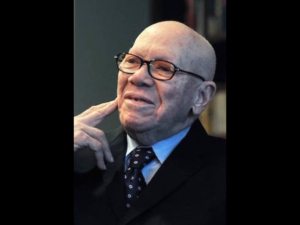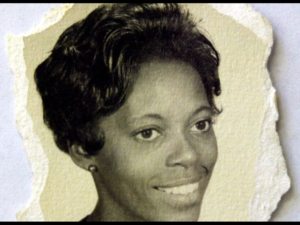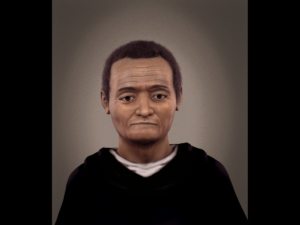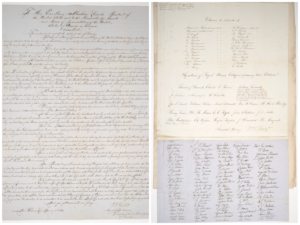Growing up in the segregated South in the 1950s and 1960s, Lionel Richie longed to be part of the civil rights movement of the time, but his parents didn’t allow him to.
While promoting his new memoir, Truly, recently, the singer, who grew up in Tuskegee, less than 40 miles outside Montgomery, Ala., recalled how he wished to be part of the movement.
He told The Guardian that while writing the book, he realized how personal his connections to the civil rights movement were.
“What I didn’t realize was that it made up the core of who I was,” he told the outlet in an interview, adding that his parents kept him and his sister, Deborah, away from activism. “At the time I didn’t realize because our parents made a point of keeping a lot of that edge away from us. We were in the bubble.”
In 1965 when Dr. Martin Luther King, Jr. led civil rights marches from Selma to Montgomery, Richie wanted to be part of them but his parents stopped him. “I was longing to be part of it. And my parents kept telling me it was dangerous.”
“I was angry, because I thought they had left me out of some of the most significant history,” the “All Night Long” singer recounted. “My anger came when I realized what my grandmother and grandfather had gone through, what my mom and dad had gone through.”
Richie later asked his parents, “Why did you not tell me? Why did you not involve us in this?”
“Their answer was, ‘We didn’t want anything to limit you in your thinking of what the possibilities for your future could be,'” he told The Guardian. “‘And if we had attached you to our anger then you would be stuck in our anger.'”
The musician noted that his parents’ frustration and anger were not possible to miss. “You couldn’t miss it,” he said. “Every day I was aware of the anger, because there was a Tuskegee anger.”
Richie, who could have been a professor of black history had he not pursued music, shared what he thinks his parents would have made of the U.S. today and the Trump administration.
“You know what, I’m glad my dad and that group is not here. It would be tough. I can’t even imagine,” said the singer.
“I made a statement in 1983 when we were talking about civil rights, and I said, ‘We still talk about that?,’ as if to say that’s behind us, we’re interested in the future,” he recounted. “Now, here we are 42 years later and we’re still talking about the same thing. But it’s even worse. What I’m watching now is not only going backwards, but it is the erasing of history.”










